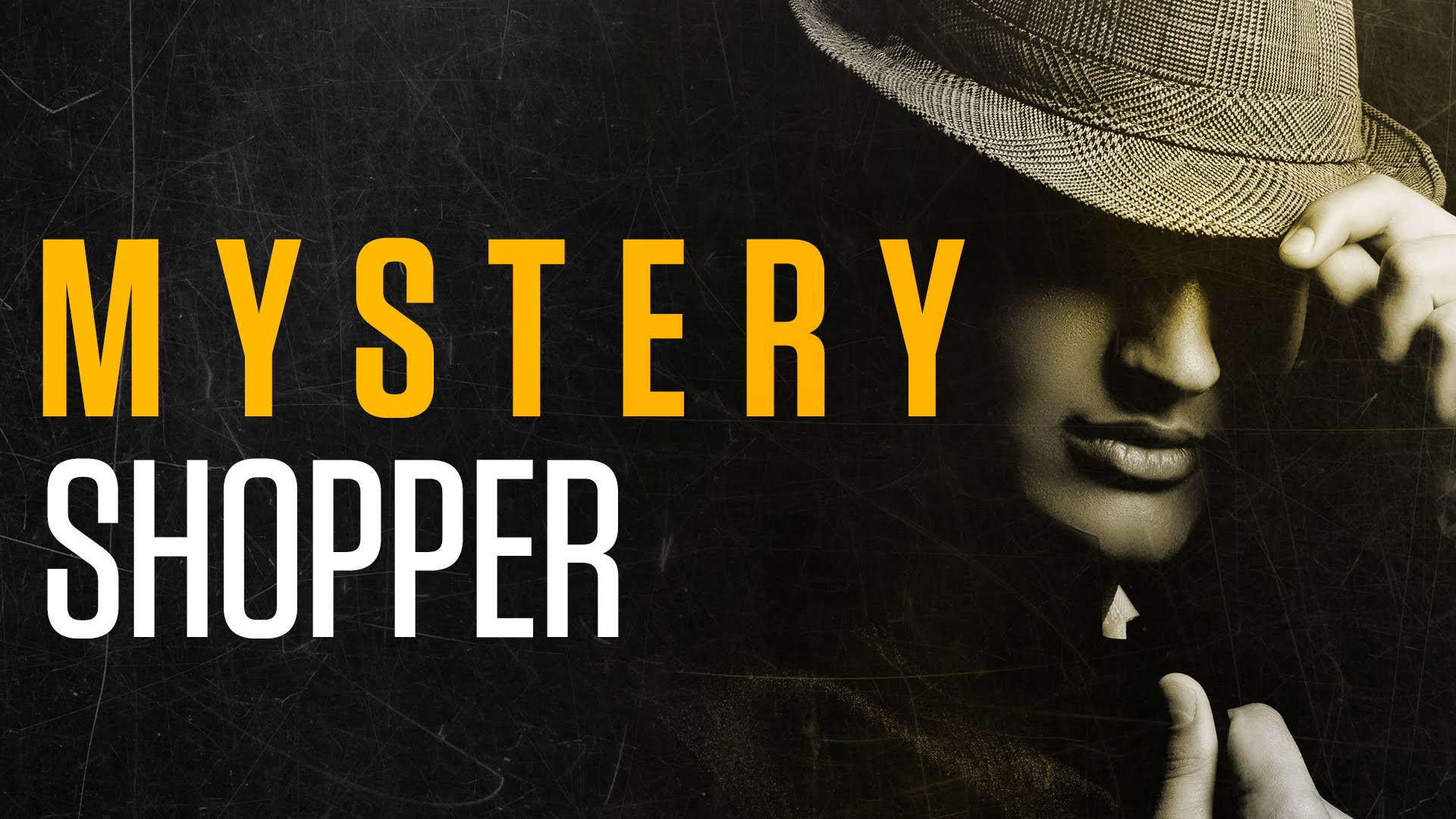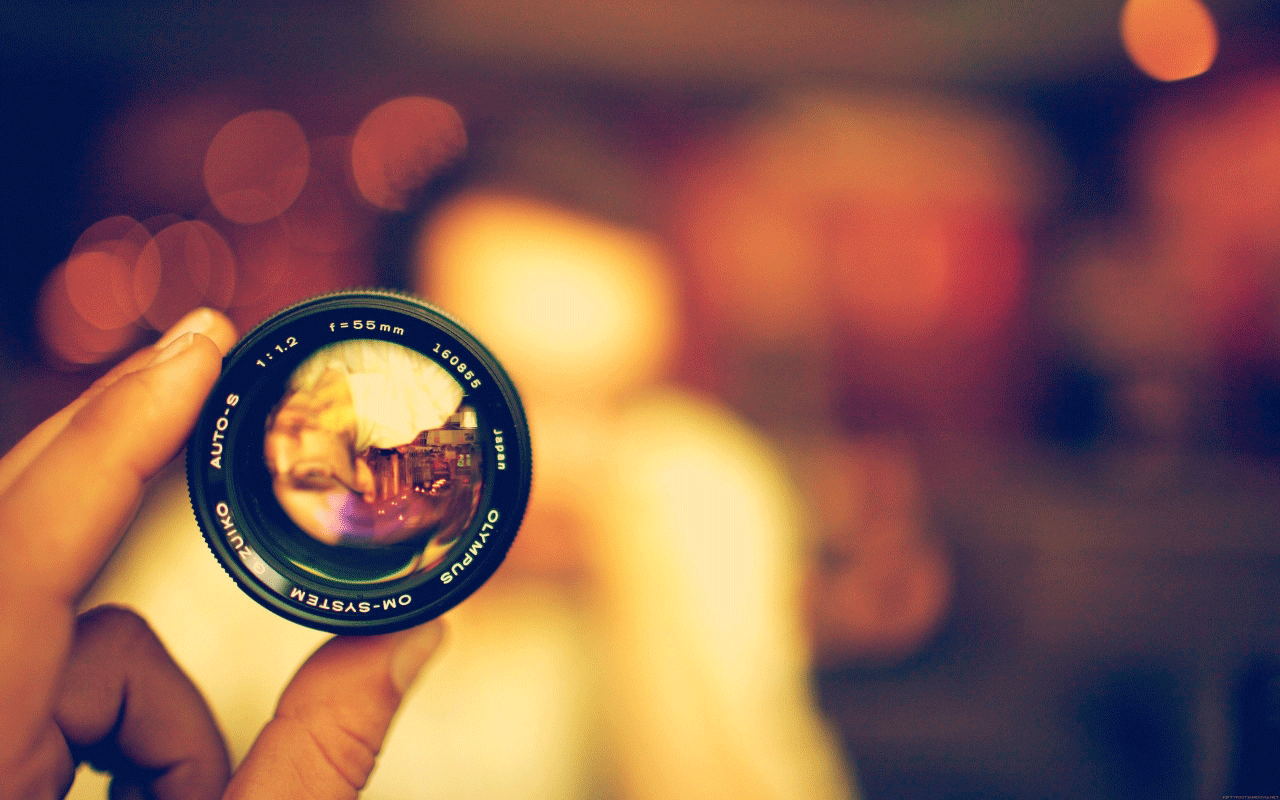A company hires a mystery shopping company to provide them with an anonymous shopper who will be briefed as to the company’s instruction about the kind of information they wish to assess. A typical assessment of a company usually includes:
– how many employees were there when the shopper enters the premises
– how many seconds/minutes the employees greeted the mystery shopper
– at times, they will also require to name the employees present during the time the shopper was in the premises
– how the employees greeted the mystery shopper as well as other the shoppers
– what were the questions asked by the mystery shopper to the establishment’s employees
– the products presented by the employees
– the sales pitch used by the employee
– how the employee closed the deal
– if the employee offered an alternative or additional sales
– if the employee showed gestures of invitation to the shopper to come back
– how the establishment looks (cleanliness of the place as well as the employees)
– how fast are the services
– the store’s adherence to the company’s policies
Before the mystery shopper goes to the establishment, they are first given with instructions as to how the assessment should go and how they would test the employees’ knowledge of the products offered as well as test their skills in providing quality service to customers. Certain scenarios will include creating stories to assess how employees will respond to such situations. Remember though, that even if mystery shopping may tell that there is purchase, it doesn’t necessarily apply at all times.
Mystery shoppers, like house cleaners and detectives, because of their anonymity to the employees and personnel in the establishment will not be given special attention and most of the time blends in with other regular shoppers. They will be tasked to photograph the store, return a purchase or even count the people visiting the establishment or the products.
After the mystery shopping is done, the shopper will then create a full report about his/her experience, as well as other data he/she had collected that may or may not include photos, audio or video recordings. Together with the report, submit as well an expense report and attach receipts you have had for the purchases you made as well as the travel expenses, if the company will cover it. The mystery shopping company in turn will do the review of the mystery shopper’s report and analyze the information gathered, make a quantitative or qualitative analysis on the report before sending it to their client.
The mystery will be refunded (should there be any advanced purchases made) and paid after the report has been made which may run from 1 to 8 weeks.
Being a mystery shopper gives you a whole lot of benefits that included extra income for you and at the same time give you the opportunity to dine in restaurants or go shopping for free. However, just remember that being a mystery shopper does not guarantee you real big profits and there may be times that you won’t be reimbursed on your travel expenses. And it’s time for you as well that if you engage into this kind of job, you should provide time for it because as stated above it will require you to dig into details and a whole lot of observation.

